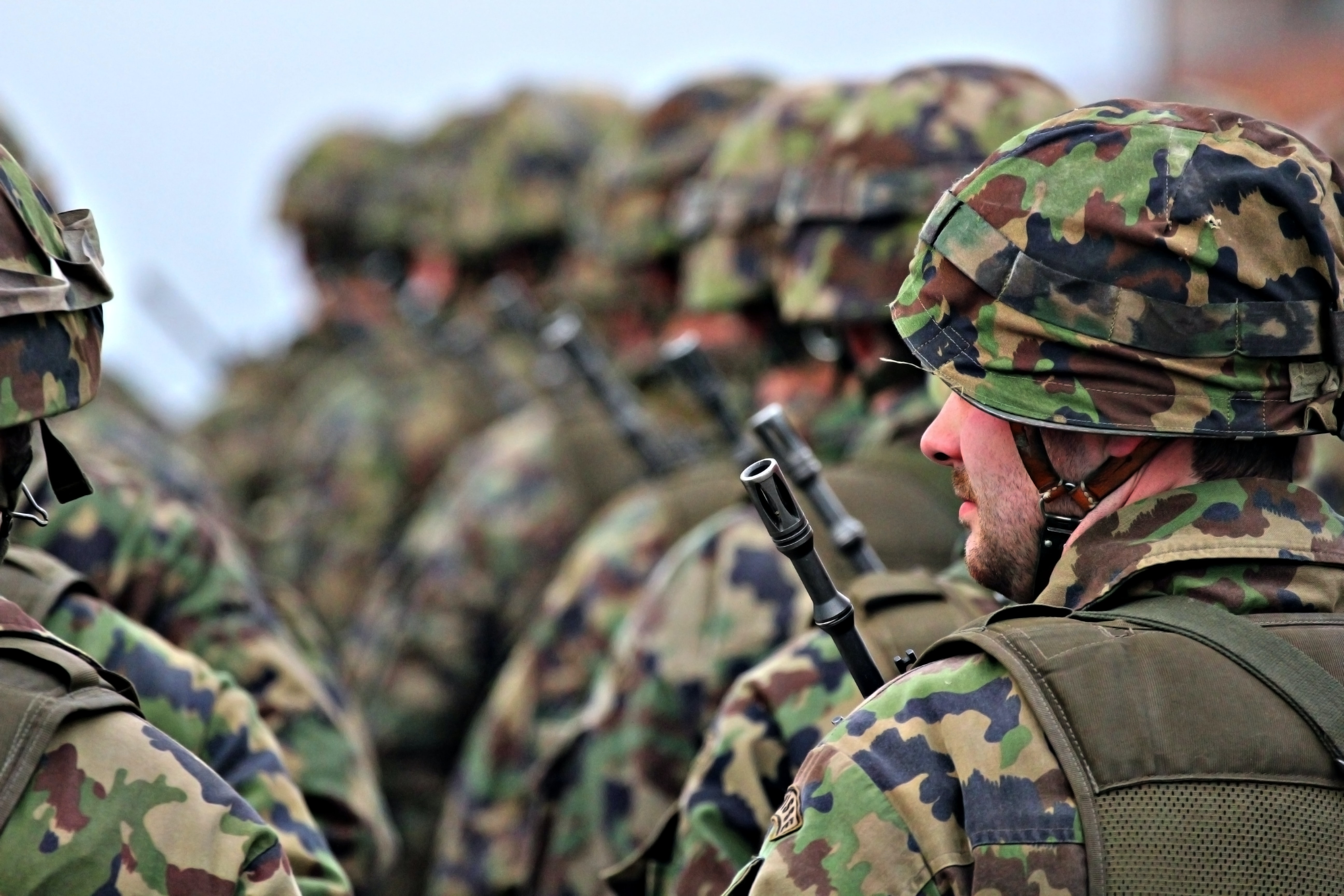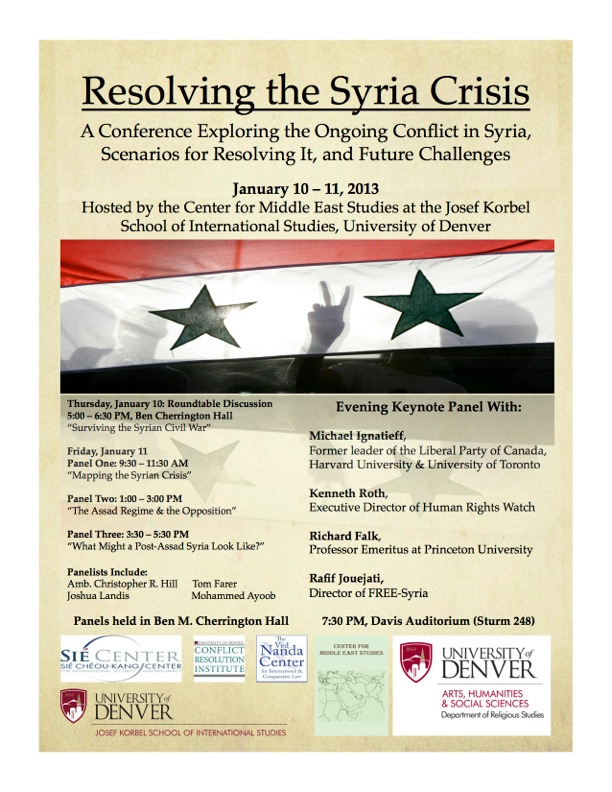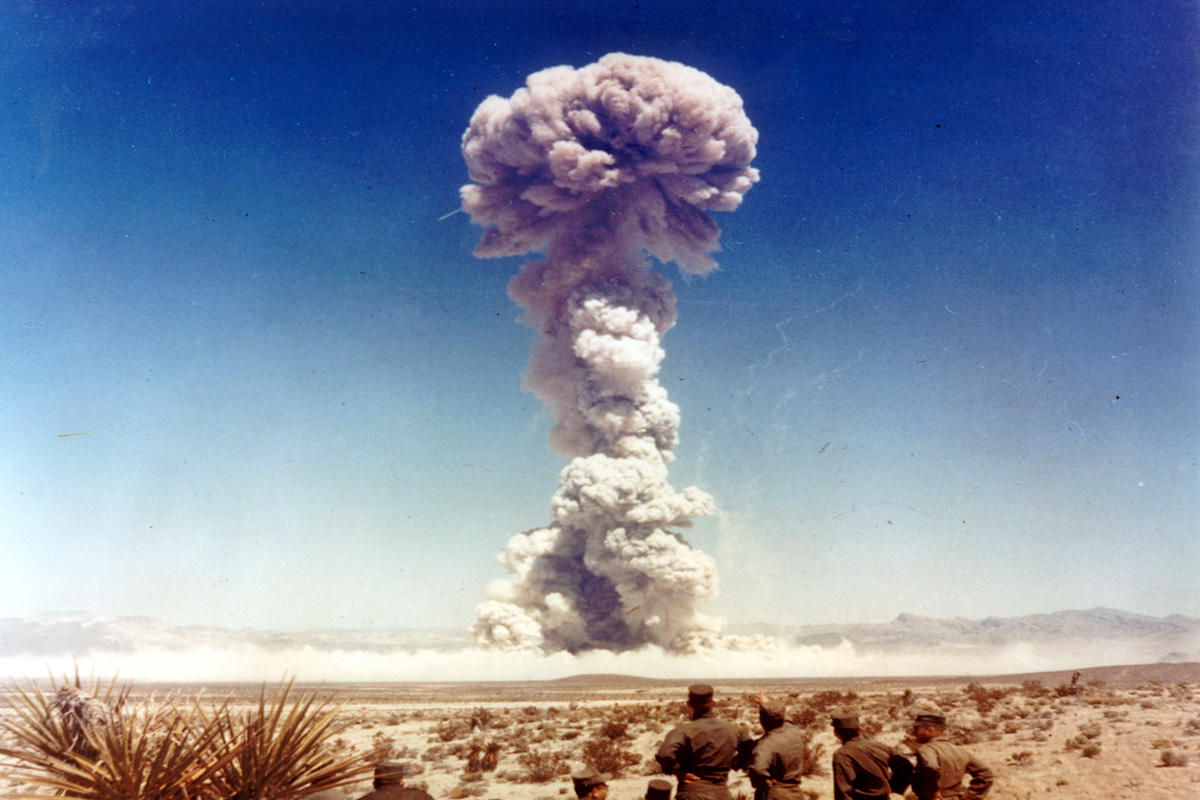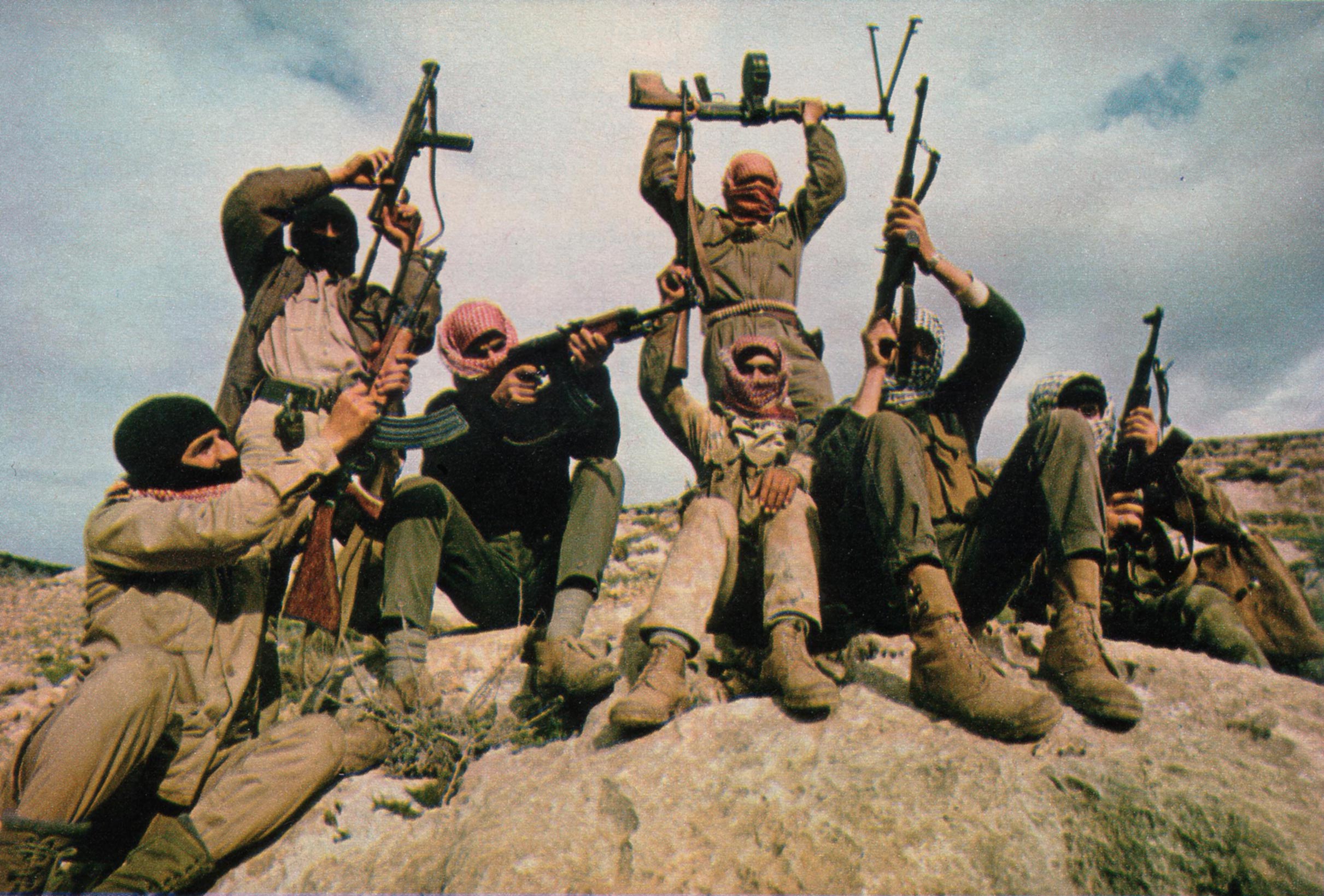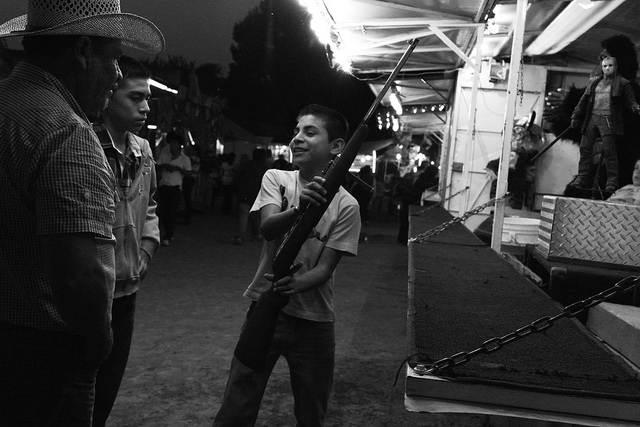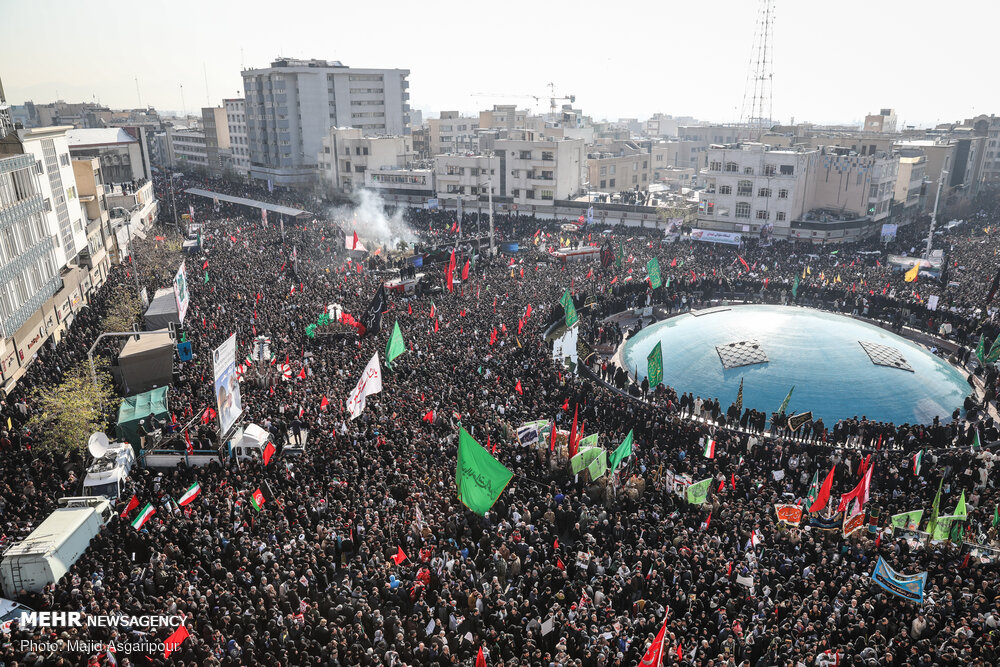Guest post by David Pion-Berlin
At a time when the horrors of war are on full display in Ukraine, it is important to understand that militaries sometimes choose to dissent when leaders order them to use force. Whether in foreign conflicts or against protesters at home, armies resist such orders, by staying in the barracks or avoiding direct clashes with civilians. The implications are enormous: military disobedience can save lives.
Yet, dissent is difficult because it clashes with a time-honored principle of most states: civilian control. We expect armies to answer to their political superiors, not to take matters into their own hands. If soldiers shirk their obligations they risk punishment and may undermine the president’s authority. How can militaries abide by presidential commands and yet avoid confrontations that could result in civilian casualties? Or can they?
In a recent study of protest and military dissent in Latin America, my co-author and I find that instead of fully obeying on the one hand or refusing to deploy on the other, militaries hedge their bets by complying conditionally. They adjust their tactics after deploying to minimize risks to soldiers and protesters alike.
Militaries are known to drag their heels, engaging in slow rolling or other delaying tactics, but there are other options once they set out. If a president orders troops to use any and all means to quell an uprising, then the military can interpret the mission to suit its interests, fulfilling the spirit but not the letter of the command.
We found in the cases of Bolivia, Ecuador and Peru, commanders ordering troops to move to the rear while allowing police to move to the front lines. Soldiers repeatedly avoided head-on collisions with protesters, and instead secured the perimeter in commercial areas and roads. In Ecuador some troops faced protesters unarmed, avoiding confrontation even at the expense of destruction of military equipment, the injury of eighty servicemembers, and the capture of 255 troops by demonstrators.
Certainly utilizing police to confront protests is not the solution either. Police are known to commit human rights violations when attempting to restore public order. But when governments send in the armed forces, the risks are elevated. Soldiers operate in tightly formed units, wield heavy weapons, and are hard-wired to apply maximum force in battle. They are usually not trained nor well suited to apply rules of restraint, as required of law enforcement when dealing with civilian populations. In heated moments, soldiers are bound to overreact, reaching for their firearms. The results are predictable and often deadly.
That is why the choices that militaries make in deciding whether to comply with presidential orders or to defy them have huge consequences for the protection of basic individual rights and freedoms of speech and assembly. Research on the Middle East and Latin America repeatedly demonstrates that when protesters confront leaders—be they autocratic or democratic—their fortunes have much to do with decisions made at military headquarters. Not all militaries enjoy ample discretion. But those that do will weigh the costs and benefits of resorting to repression. When they choose to sit out confrontations, soldiers send signals to protesters that they can assemble without undue fear of being harmed.
Why would militaries make such a choice? Our research on Latin America provides some clues. In some instances, soldiers are more hesitant to resort to force, because they are vulnerable to prosecution. Legal liability varies. Depending on the strength (or weakness) of civilian judicial systems, offending soldiers could be hauled off to court on charges of human rights violations. In other instances, the military has a strong aversion to doing police work, considering it professionally degrading. They will resist assignments that pull them away from their traditional mission of external defense.
And in other cases, militaries make choices based on their identities as members of an ethnic, racial, or religious grouping. Where the composition of the military command closely matches that of the protesters, there is a kind of kinship between the two, and a greater desire to avoid violent clashes. If, on the other hand, there is a wide identity gulf that separates soldier and civilian, then the military may view protesters as enemies.
Militaries also dissent when presidents use them for partisan purposes, to the detriment of the institution. US military commanders learned this lesson the hard way, when President Trump tried to manipulate them into supporting his political agenda. Angered over nationwide protests against police brutality, the president ordered Joint Chief of Staff Chairman General Mark Milley to accompany him through a public space that had just been forcibly cleared of peaceful demonstrators by National Guard and police. This was essentially a photo opportunity for the president. Realizing that his appearance had fostered the impression that the military would intervene in domestic politics, General Milley later apologized.
Military dissent is a serious matter, and should only be done on occasion and cautiously. Yet remaining silent carries its own risks, because it can connote complicity with unwise even immoral executive decisions. Officers need to heighten their political awareness so they are alert to presidential actions that could politicize their ranks, or worse still, pull them into missions that will cause great harm to soldiers and civilians alike.
David Pion-Berlin is a Distinguished Professor of Political Science at the University of California, Riverside.

